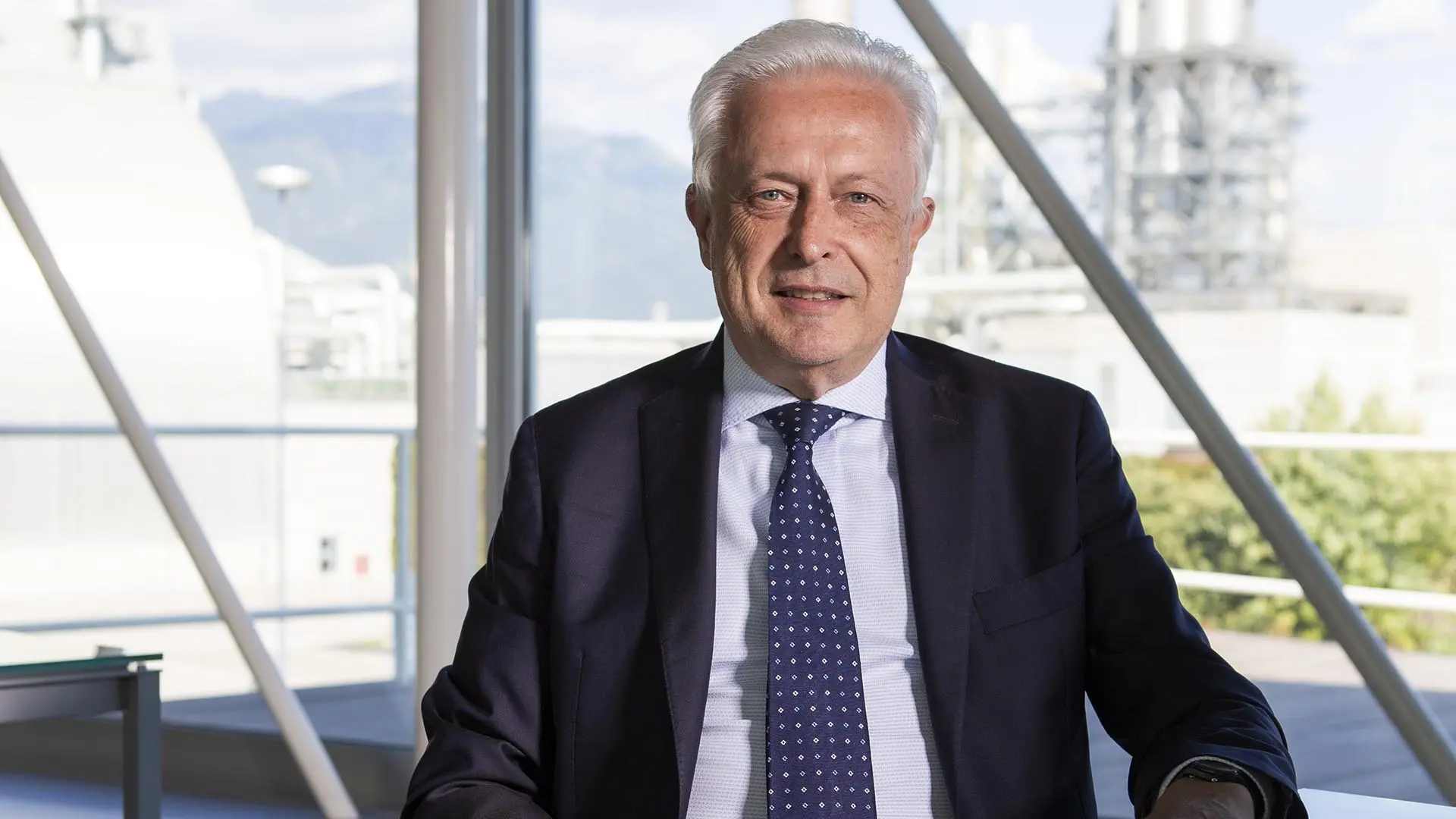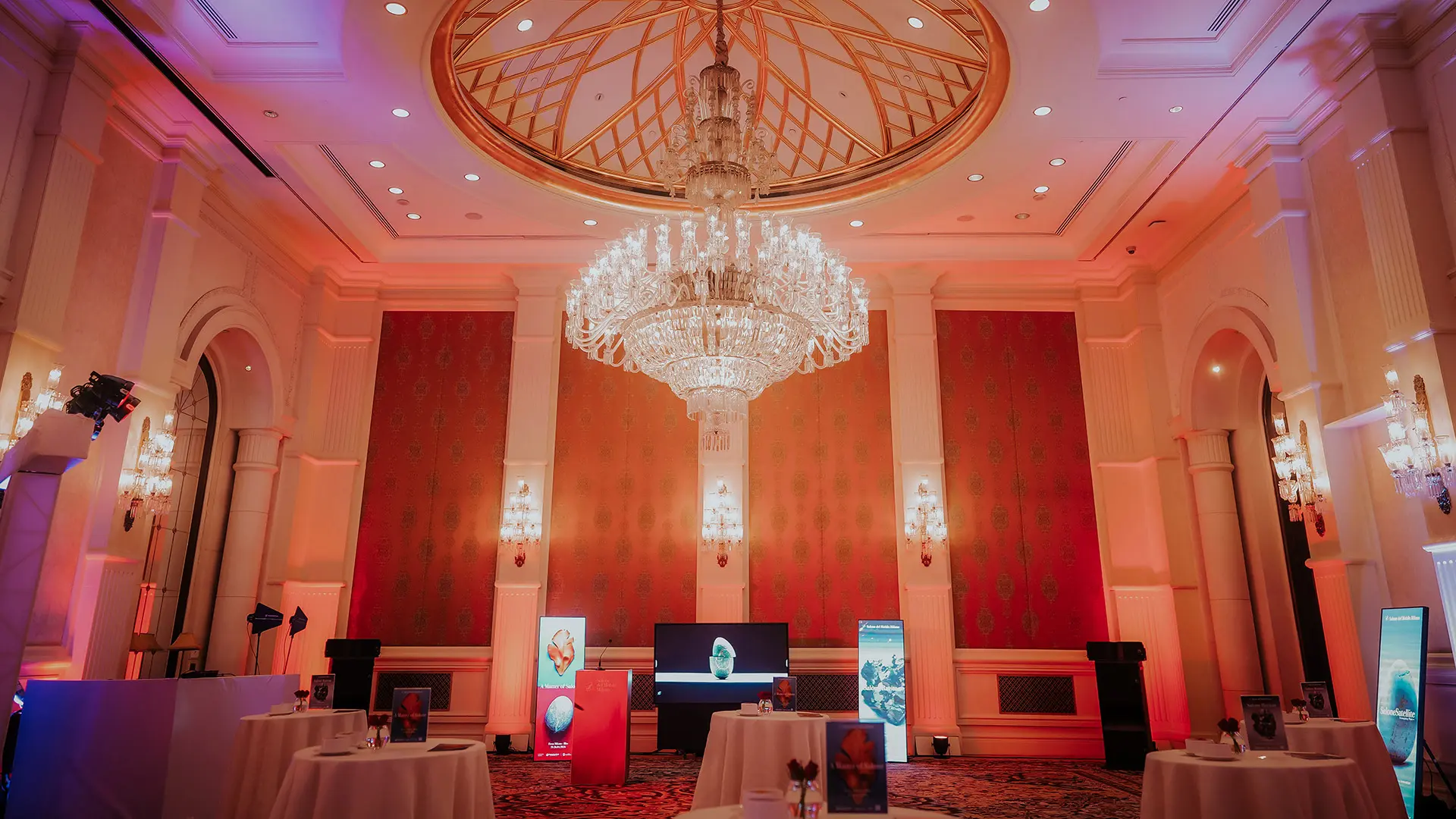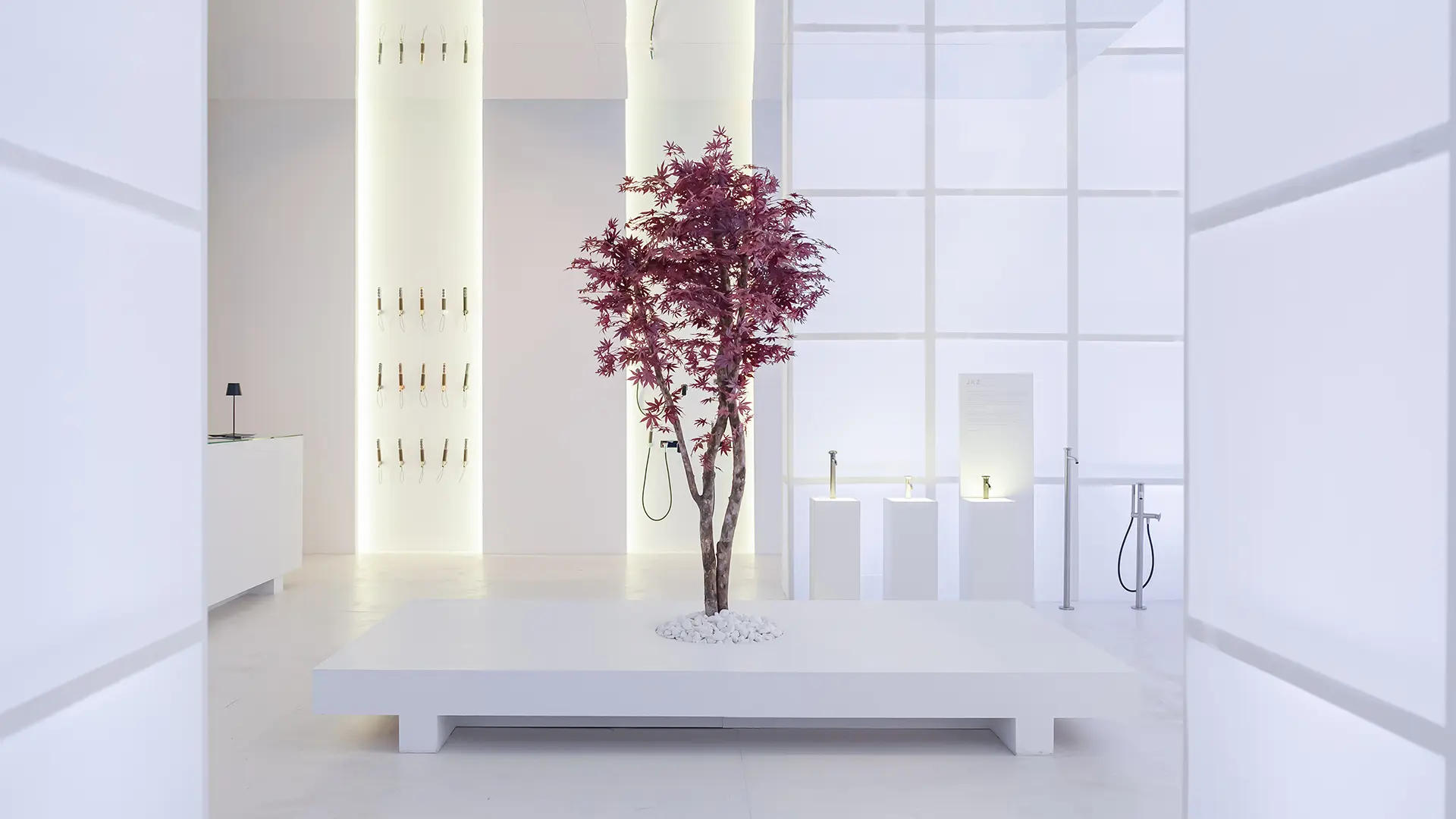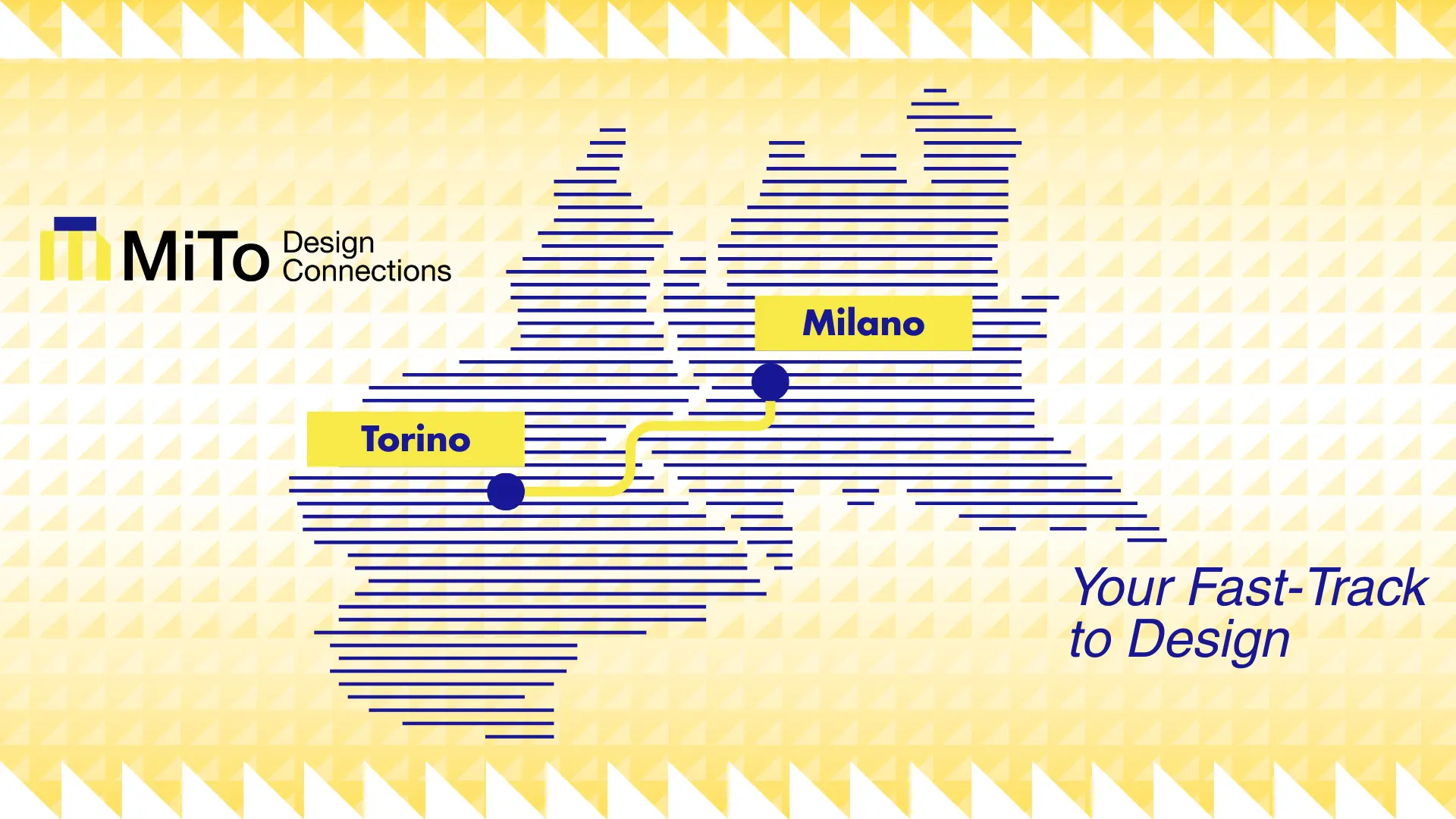From cultural dialogue at the India Art Fair in New Delhi to the launch of Salone Contract in dynamic Mumbai: a journey to strengthen relationships, knowledge and visions
Paolo Fantoni discusses Made in Italy’s Green Evolution

The President of Assopannelli discusses the Code of Conduct for Sustainability drawn up by FederlegnoArredo in partnership with the Symbola Foundation. Foreswearing rhetoric, he talks about specific cases, targets and current strategies. The green revolution has already begun.
A code of conduct that sets out the objectives required to tackle the challenge of sustainability – both economic, environmental and social – and anticipate the future. An interview, taking in business strategies and Made in Italy excellence, with Paolo Fantoni, President of Assopannelli and Federlegno Arredo sustainability representative and Maria Porro, President of Assarredo and the Salone del Mobile.Milano. Eschewing all rhetoric.
Above all, the idea of the code of conduct arises from the Federation's awareness that our supply chain already has many excellences in terms of sustainability, but that it is necessary to raise awareness and guide all companies, especially the smallest ones, in the process of ecological transition. We need to update our methods in order not to remain out of the market of tomorrow. The code of conduct wants to indicate the guidelines of this path. Before its drafting, we also carried out, in collaboration with the Symbola Foundation, an internal survey to analyze the state of the art of the wood and furniture supply chain. The intent was to understand how companies are equipped today and what response they give, with their products, to sustainability and circular economy. We want to start from an analysis “from the forest to the market” and establish ten rules based on two aspects: principles and actions.
First of all, we have to take account of the legalities, and therefore of the traceability of products, which must come from certified forests. What the Federation hopes to achieve is to persuade the entire production chain to acquire certification, relating not just to the origin of the forests from which the wood has come, but also building its traceability during the production cycles. Certification is one of the first standards we want to promote and impose, along with all the other precautions geared to taking better care of Italy’s woodland heritage. Coming up with improved environmental protection also includes wetlands, in which we would like to promote land reclamation and poplar cultivation.
A fundamental step is to promote the sequestration of CO2, which is one of the objectives of the planned restructuring of European houses, which must become better performing in terms of energy consumption and in terms of CO2 storage. Our Federation is laying down the foundations for platforms that will offer its users carbon credits with a financial and an environmental pay-off.
It’s reciprocal, they’re two parallel processes. In Central Europe in particular, consumer and large-scale distributor sensitivity means that our production chain is subject to a desire for eco-sustainable products. On one hand a panel is made from recycled materials and on the other there’s the fact that the companies, the production chains, the associations and the federations are the leading players in how the cycle works in terms of standard setting and the re-establishment of certain activities. A typical example is extended producer responsibility for products, which means widespread wood harvesting. This gave rise to a prime Italian product, the SolarpanÒ PLUS panel which is the first in Europe and the first in the world, accounting for 93% of the production of chipboard panels made from 100% recycled wood.
A lot of countries are following Italy’s lead by endeavouring to implement similar wood cleaning and wood recovery and recycling processes. Ours is an excellent process that runs alongside another extended producer responsibility process: we need to start asking the producers of wood products used in construction to also carry out the managed harvesting of products that make up a habitation, rather like what happens with packaging and WEEE products.
Producers must be held accountable. We are starting to discuss with this the Ministry for the Environment and would eventually like it to extend to furniture, in order to cut down the number of tonnes of bulky waste being dumped. In fact, we would like to see these returned to the production chain, valorising the materials as part of the circular economy.
The stands at “supersalone” featured display panels made entirely of recycled wood, displayed in their raw state, without any paint or coverings. Obviously, it also means the designers will have to come up with products based on new principles, products that can be disassembled, allowing for the reuse of innovative parts. We hope that, going forward, furniture will also benefit from a more legible second-hand market. The aim is also to create opportunities for sharing these best practices.
One of the points in the code of conduct relates to creating product passports that will be available to consumers, containing information relating to the traceability and the legality of the original product, the composition of the materials and the possibility of their being used and recycled. The passports must also extend to the companies and be easily understood operational tools that ensure transparency. It is not enough for products to simply be excellent; the entire production chain must be recognised as the most sustainable in the world. There are three sides to sustainability – economic, environmental and social – we must valorise the efforts made by our companies in all three directions.
It won’t be a green or black or white pass, but it will set out the DNA of a product. As a Federation, we have taken on the ambitious aim to make Italy’s wood-furnishing sector one of the country’s best assets, not just in terms of design but also in terms of sustainability. I haven’t got an ace up my sleeve, but we need to initiate a cultural process that will bring us all together, ready to live this new technical and cultural dimension. It’s not just a matter of building product strategy, the entire company has to be involved.


 Markets
Markets








